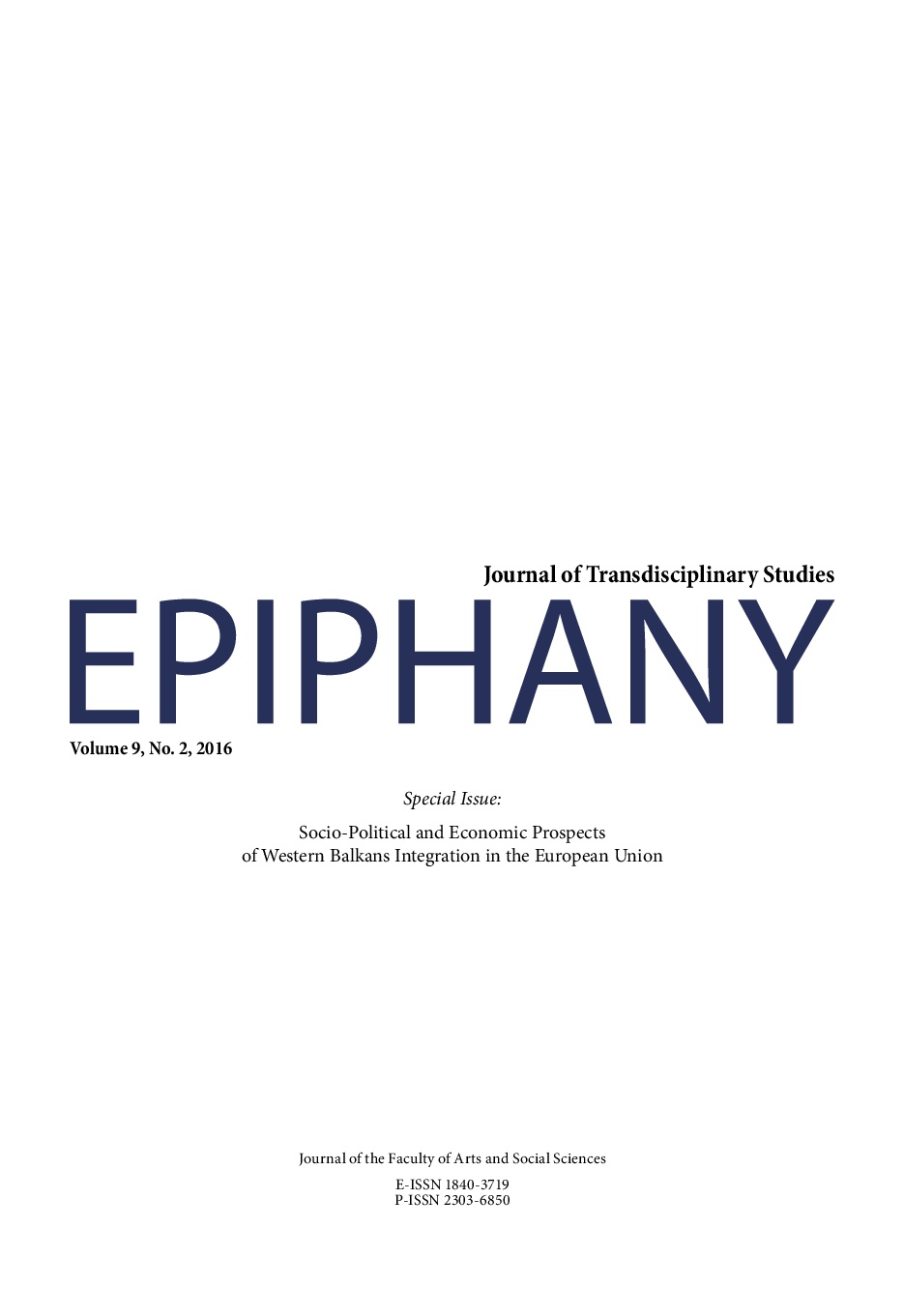Dayton Peace Accords Two Decades After: Constitutional Settlement as Serious Obstacle to the Creation of a Functional State
Dayton Peace Accords Two Decades After: Constitutional Settlement as Serious Obstacle to the Creation of a Functional State
Author(s): Zarije Seizović, Goran ŠimićSubject(s): Constitutional Law, Human Rights and Humanitarian Law, Law and Transitional Justice, Politics and law, Transformation Period (1990 - 2010), Present Times (2010 - today)
Published by: International University of Sarajevo
Keywords: Dayton Peace Accords; Bosnia and Herzegovina; Human Rights; Discrimination;
Summary/Abstract: Twenty-one years after entering into force of the General Framework Agreement for Peace in Bosnia and Herzegovina (the Dayton Agreement), it seems that the political situation in Bosnia and Herzegovina has not significantly changed. The basic achievements of the Dayton Agreement, such as stopping the war and country’s democratization and institution building processes are evident, however the agreement failed to create a politically stable functional state and the united nation accepted by all its citizens. On the contrary, the agreement significantly contributed to the creation of divided society (and political community) composed of three ‘constituent peoples’ and others. Neither social nor political community stood the test of time. The country could not meet the requirements and standards set by the European Union, especially the constitutional reform that is claimed to be the precondition to other reforms. Then, despite agreement’s significant accomplishments in the field of human rights protection it generated State political structure based on the principle of the three constituent peoples’ exclusive ethnic representation, all at the expense of rights of individual.
Journal: Epiphany. Journal of Transdisciplinary Studies
- Issue Year: 9/2016
- Issue No: 2
- Page Range: 28-38
- Page Count: 11
- Language: English

